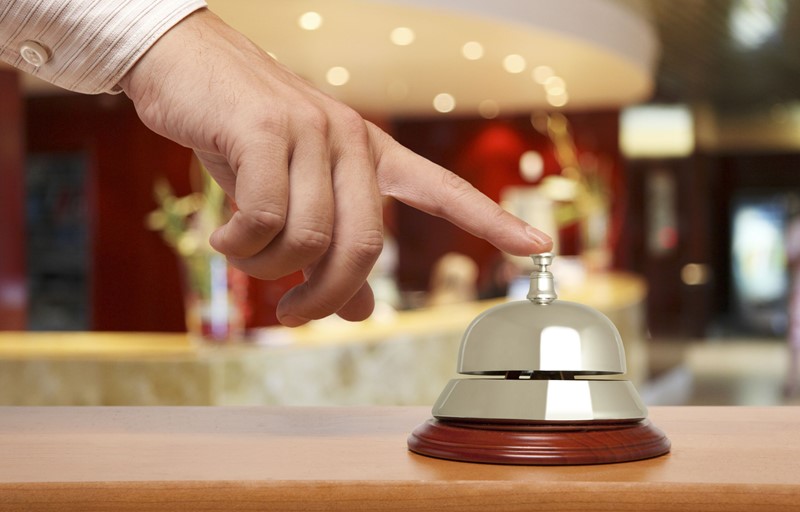A reminder that the temporary extension to the eligible carry back period for trading losses applies for company accounting periods ending between 1 April 2020 and 31 March 2022 and for tax years 2020-21 and 2021-22 for unincorporated businesses. This extended loss relief allows trading losses to be carried back for three years (rather than one).
The extended relief was introduced to help businesses who suffered increased losses as a result of the coronavirus pandemic. Carrying back a trading loss may allow businesses to generate tax repayments from an earlier profit-making period.
The extension to the relief applies to both incorporated and unincorporated businesses and is subject to a £2,000,000 cap. The £2,000,000 maximum applies separately to unused trading losses made by incorporated companies, after carry-back to the preceding year, in relevant accounting periods ending between 1 April 2020 and 31 March 2021 and a separate maximum of £2,000,000 for periods ending between 1 April 2021 and 31 March 2022.
The £2,000,000 for companies is subject to a group cap for each relevant period. Extended loss carry-back claims must usually be made as part of a company tax return. However, smaller claims below a de minimis limit of £200,000 may be made without having to wait to submit a company tax return.






